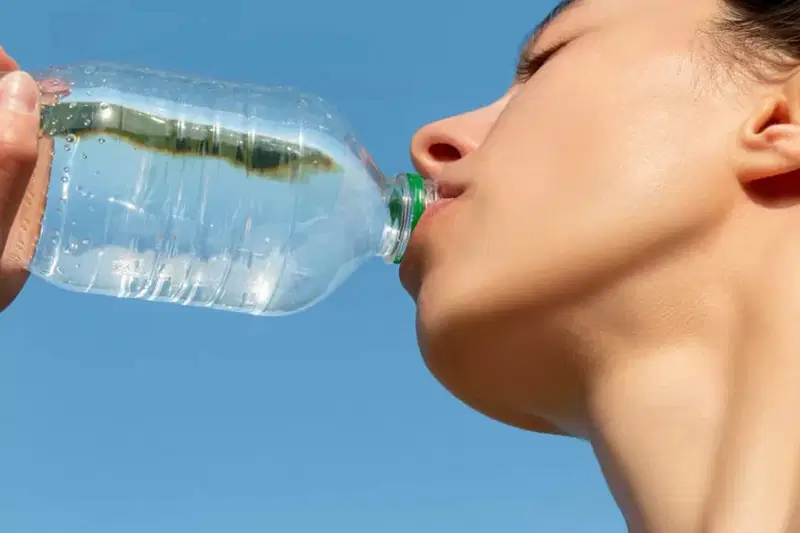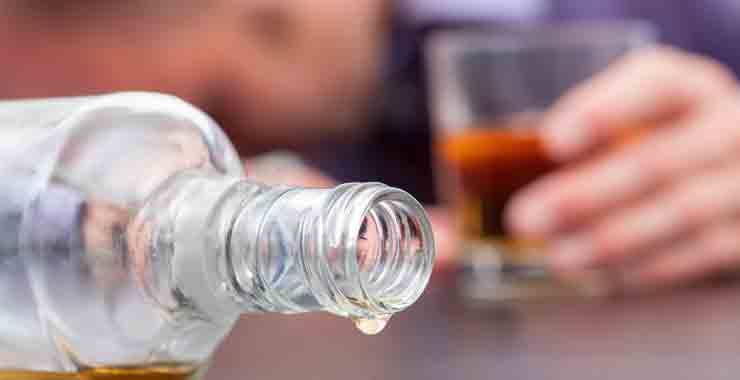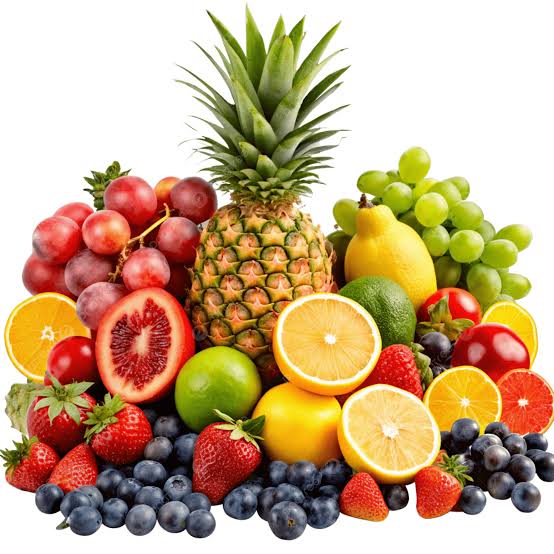While chemicals like BPA and phthalates have been known to leach into drinks from plastic bottles, especially when the bottle is exposed to heat or used for a long time, a new study suggests that drinking water or beverages from plastic or glass bottles could contribute to risk of developing high blood pressure.
Researchers found that nanoplastics or microplastics, which are tiny pieces of plastic, can enter the bloodstream through these containers. Microplastics are less than 5 millimeters in size but have become a pervasive environmental pollutant. They can be found almost everywhere, in water, food and even in the air. While their small size makes them difficult to detect, they pose significant risks to human health and the environment.
The particles can accumulate in various organs, potentially causing inflammation, tissue damage, and other health problems. Microplastics can also be inhaled, leading to respiratory problems like asthma and bronchitis. Some microplastics contain chemicals that can disrupt the endocrine system, interfering with hormone production and regulation. This can have adverse effects on reproductive health, growth, and development. They can cause damage to cells, potentially leading to chronic diseases such as cancer.
Participants in the study reported in the journal Microplastics experienced a decrease in blood pressure after switching to exclusively drinking tap water for two weeks, avoiding all beverages from plastic or glass bottles. Experts warn that elevated blood pressure can increase the risk of heart disease.
Based on these findings, researchers recommend limiting or avoiding the use of plastic and glass bottles for storing and consuming beverages. Remarkable trends were observed.
The results of the study suggest, for the first time, that a reduction in plastic use could potentially lower blood pressure, probably due to the reduced volume of plastic particles in the bloodstream.
According to the researchers, the changes observed in blood pressure suggest that reducing the intake of plastic particles could lower cardiovascular risk.
Research shows that microplastics – microscopic fragments that are the result of plastic degradation triggered by UV radiation or the result of a bottle being knocked about – are present.
Microplastics have been found in saliva, heart tissue, the liver, kidneys and placenta. Several studies have found high concentrations in water in plastic bottles.
In the new study, the researchers had eight men and women get their daily fluid intake from tap water and told them to abstain from drinks stored in plastic or glass bottles.
Several blood pressure measurements were taken at the start and during the study. The results showed a statistically significant decline in diastolic blood pressure – the pressure in the arteries when the heart rests between beats – after two weeks.
The researchers said based on the findings, indicating a reduction in blood pressure with decreased plastic consumption, they hypothesise that plastic particles present in the bloodstream might contribute to elevated blood pressure.
Among the steps towards reducing microplastic exposure is a reduction of the use of single-use plastic products like bags, bottles, and straws. Ensuring proper disposal of plastic waste to prevent it from entering the environment, and using a water filter can help remove microplastics from drinking water.
Don’t Miss The Opportunity Awaiting You. Click the link below 👇
https://faikudoka.net/4/5193489
Please don’t forget to “Allow the notification” so you will be the first to get our gist when we publish it.
Drop your comment in the section below, and don’t forget to share the post.
Never Miss A Single News Or Gists, Kindly Join Us On WhatsApp Channel:
https://whatsapp.com/channel/0029Vad8g81Eawdsio6INn3B
Telegram Channel:
https://t.me/gistsmateNG










